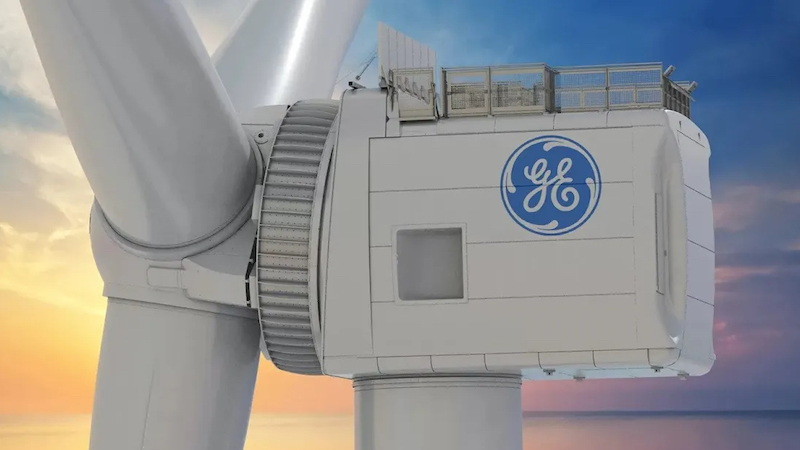GE Vernova develops 18 megawatt turbine
With the “Haliade-X”, the energy company GE Vernova has presented a new record-breaking wind turbine that is said to have an output of over twelve megawatts. According to the manufacturer, the maximum output is even up to 18 megawatts.
The demand for sustainable energy sources is likely to continue to rise in the coming years. Because the decision to phase out coal and nuclear power has already been made in this country. Nevertheless, new systems are needed to ensure security of supply. In addition to solar energy, which many homeowners are now discovering for themselves, wind power plays a crucial role.
The challenges here: The need to create new areas for wind turbines because of the expansion of wind energy has been stagnating for years. In addition, the available space should be used as efficiently as possible. The systems from the manufacturers are therefore breaking one performance record after the other.
New record wind turbine with an output of up to 18 megawatts
General Electric (GE) already spun off its energy business into GE Vernova and has been working on it ever since a new record turbine. This is designed for offshore operation and ideally has an output of up to 18 megawatts. This would make the “Haliade-X” the first system to have an output of more than twelve megawatts and at the same time be certified for 14.7 megawatts.
It is already known when the delivery of the first systems will begin. Because GE Vernova plans to deliver the first systems for this year. This also seems necessary because the competition is breathing down the company’s neck.
A competitor from China is also developing a record-breaking turbine
So noted the Chinese manufacturer CSSC Haizhuang recently presented a project that also includes an 18 megawatt system. The rotor blades have a diameter of 260 meters. That’s 40 meters longer than General Electric’s system.
In the future, even larger wind turbines will shape the energy transition and should achieve new performance records. This should also lower the price per kilowatt hour. In turn, consumers should be happy about this.
Also interesting:



